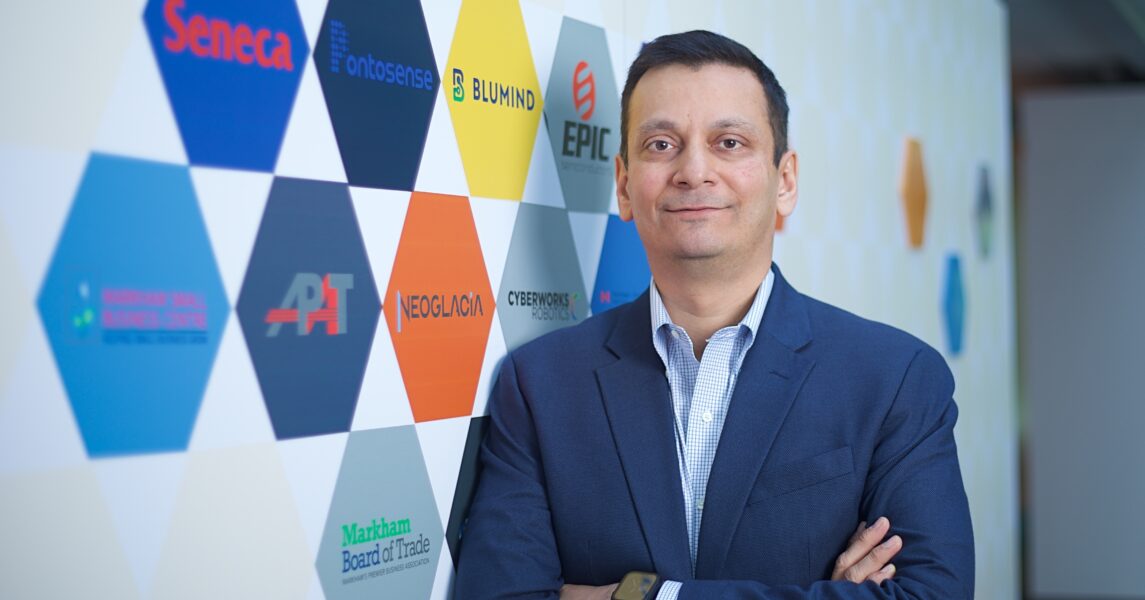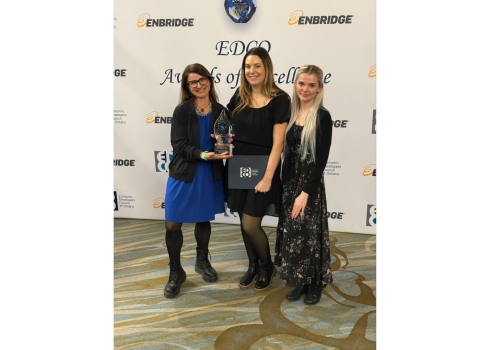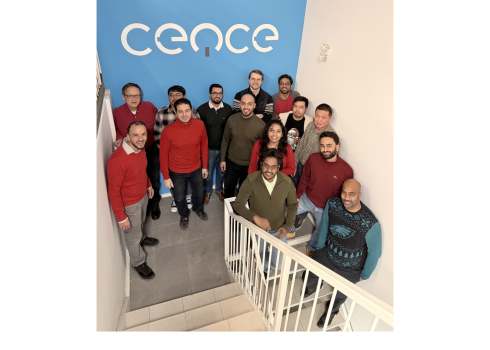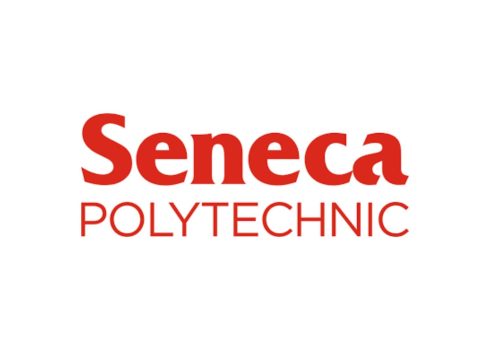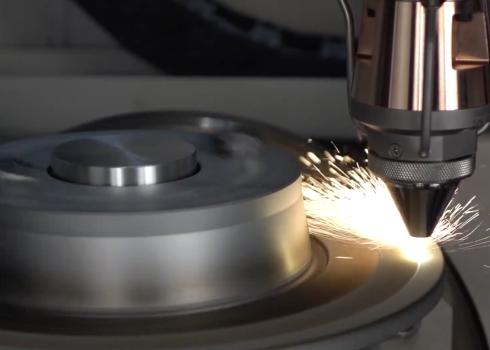Today’s advanced hardware requires powerful artificial intelligence (AI) to bring innovation to life. But delivering the necessary AI processing for smartwatches, drones, and autonomous delivery vehicles means having a processor that can work with less power in remote locations.
Markham-based Blumind is transforming the AI computing paradigm with industry-leading power and latency in AI processors. Blumind co-founder Niraj Mathur said providing low-power AI processors is critical to humanity due to the growing demands across businesses, healthcare, and consumer electronics.
“If AI continues on its projected track, it will consume all the power humans generate today in about 30 years. This clearly is unsustainable. It's also not going to be a linear trajectory. It's going to be exponential and very difficult to handle,” Mathur said.
While AI has been used in everything from autonomous vehicles to document editing tools, the last months have seen an increased awareness and demand for AI with the release of OpenAI’s ChatGPT tool. Global leaders like Microsoft and Google have quickly pushed out updates to their business tools that add AI features. But those features come with a high cost regarding processing power requirements.
“These are the type of applications that will truly disrupt things—and increasingly, these are leveraging deep learning. Ultimately, all of these applications run on semiconductor devices, so it is imperative that the efficiency of silicon chips improves to keep up with the use cases and demands that people place on them,” Mathur said.
The demands of AI computing are pushing semiconductor designers to their limits. For almost fifty years, semiconductor designers have relied on Moore’s Law—that chips will get twice as fast every two years. Mathur said that Moore’s Law is breaking because we're reaching the physical limits of how small we can make features on silicon chips.
“We're reaching molecular limits where we can’t build these things smaller anymore. That's why we need to look at completely new innovations, new ways of doing things—and that's exactly where Blumind comes in,” Mathur said.
Blumind has developed an entirely new approach to processing neural networks using analog mixed-signal processing. Mathur said the process is very different from traditional methods and is designed to improve the energy efficiency of machine learning inferencing by 100 to 1000 times. He added that Markham is one of the best ecosystems in the world for a company like Blumind.
“Markham is a hotbed of semiconductor talent which grew out of companies like ATI and then AMD. They have been a breeding ground for engineers that have the kind of skills to develop innovations like the ones Blumind is working on,” Mathur said.
In addition to engineering talent, he said the history of successful semiconductor companies in Markham is due to the area’s strong support for startups with organizations like ventureLAB. ventureLAB works with founders from around the world to help scale innovative hardware and software solution companies in Canada. Mathur said the support and access to world-class labs enabled Blumind to advance its solutions rapidly.
“That kind of support is phenomenal. We're not operating in our garage or basement. We've got this leading-edge lab here in Markham. This is a great place to build a deep-tech silicon company—probably even better than Silicon Valley. The engineering talent, incubator ecosystem, and government support have been very helpful for us.”
